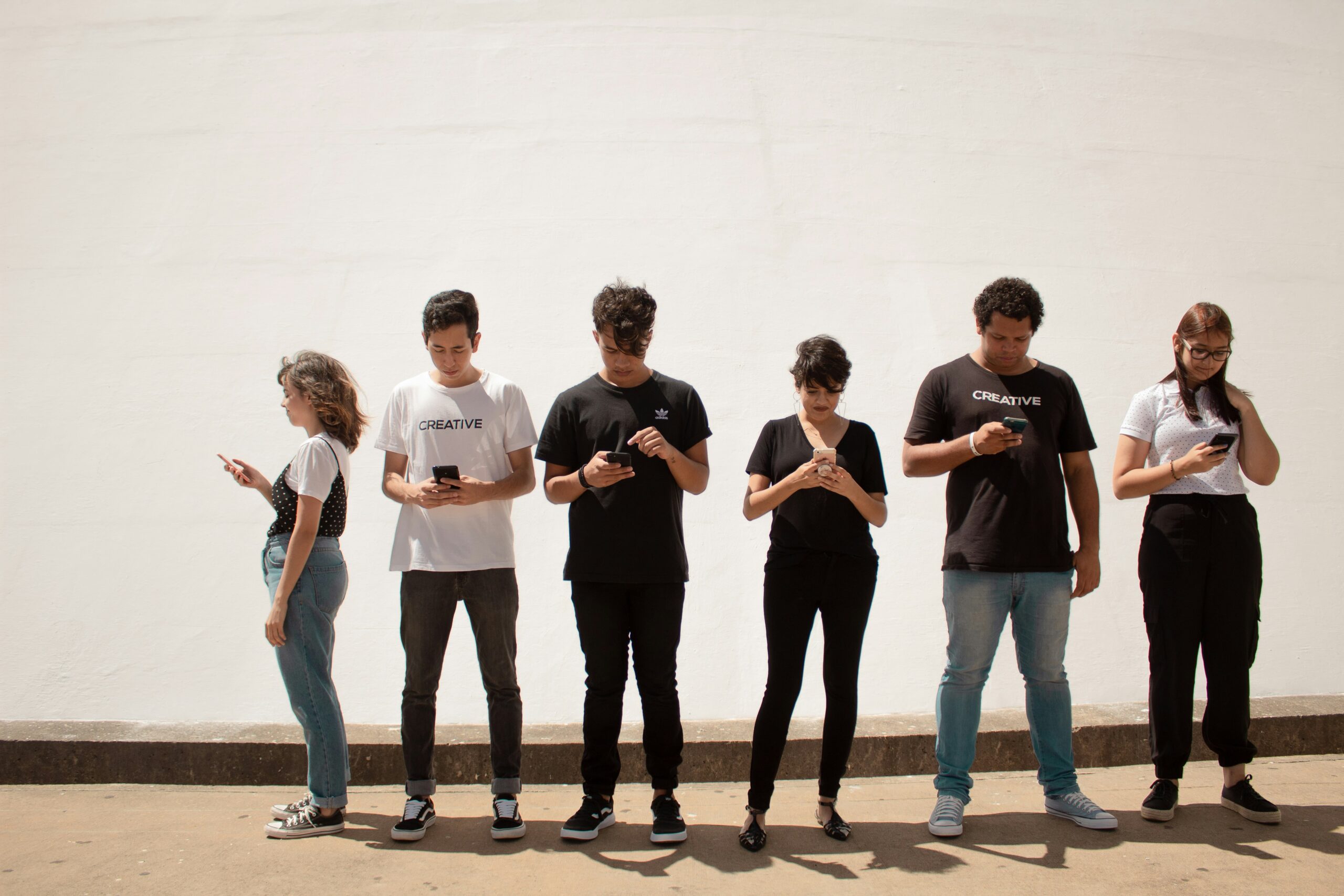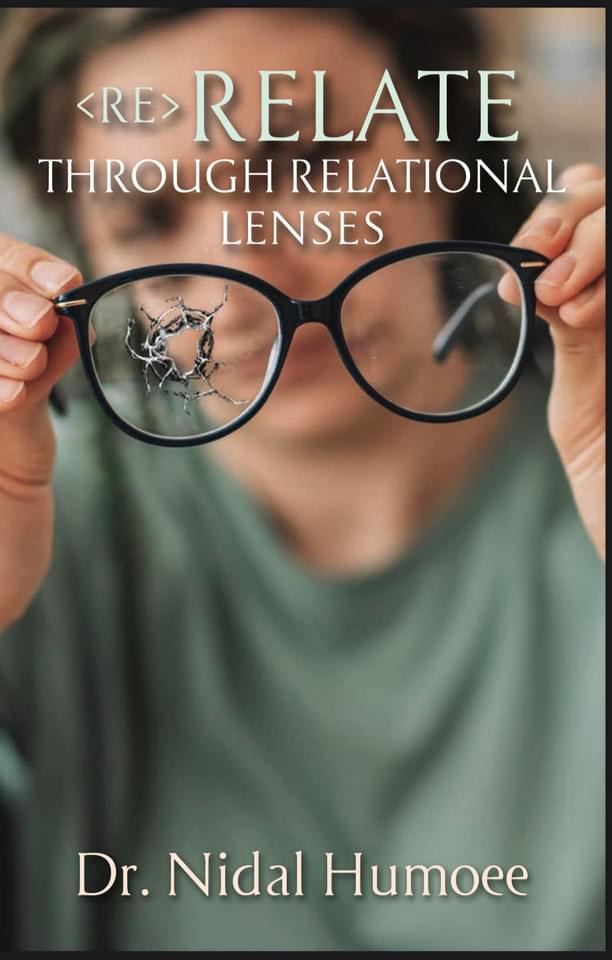 Social media enables connections between people and services under the pretense of economic growth. The improved access nonetheless lowers the threshold of relational harm by permitting violations of boundaries easier than ever; offenders no longer need to be physically present with the offended.
Social media enables connections between people and services under the pretense of economic growth. The improved access nonetheless lowers the threshold of relational harm by permitting violations of boundaries easier than ever; offenders no longer need to be physically present with the offended.
Social platforms present a large sum of visual and audio expressions. However, many are assumptive. Users’ posts reflect their intentions and the relational lenses they use to approach relationships and li.
Users often post perceptions and occasionally observations. They may not recognize the difference between perceived assumptions and observed facts. With postings going viral, presumptions vastly outweigh observations on the platform.
With emotions being responses triggered by either presumptions or facts, many take to social media to get their emotional fix. They crave the feelings of joy, excitement, and closeness away from the realities of lived relationships. They forget that the real treasure is the person sitting next to them. They chase after clouds that don’t rain. Proverbs 25:14 “Like clouds and wind without rain is one who boasts of gifts never given.”
Getting cash from an ATM does not make you rich, but productive work away from the machine builds wealth.
Browsing social media can be risky. And no, we are not talking about cyber risks! These are emotional risks:
1- The decline of self-worth.
Time is not renewable and therefore is a limited commodity. We have a certain quota for our daily disposal. We need to budget generous amounts of time to be physically present to care for our loved ones and give them honor and gratitude. One of the best ways to showcase our care for them is by giving them attention and wholehearted listening. We want to hear their worlds but, more importantly, let them in emotionally.
Empathy can’t be given in a hurry. It is a shared experience in which we come close to feeling what others feel. It helps them power and even delight as their struggles persist. Psalm 119:77 “Let your compassion come to me that I may live, for your law is my delight.”
It is the receiving of love and gratitude within relationships with our close ones that enables us to experience self-value. Depriving those relationships of quality time will cut down the supply chain to self-worth.
A relationship with less time vested in caring becomes shallow and unable to withstand differences. The result is flourishing conflicts and strife. The relationship failure will deal severe harm to self-worth.
Laura is a busy professional. Her husband feels strongly about global warming. So, when he stumbles upon an online campaign to fight drought, he joins immediately. But what started as a noble gesture snowballed into a significant commitment that consumed more and more of his time. Whenever Laura was with Ed, she couldn’t get his attention because he was replying to the group’s postings. She grew frustrated and hurt. She eventually firmly said: I need quality time together!
2- The unintended self-disclosure:
We disclose ourselves to wholehearted listeners to get love and healing. The process is deliberate, mutual, and slow. We maintain ownership of our identity throughout the disclosure. In addition, as we disclose to those physically present, we receive their verbal and nonverbal content and therefore meet our needs for understanding, empathy, and truth.
The same cannot be said about disclosure on social media. Whenever we post, we reveal part of ourselves to many recipients without determining their trustworthiness. Once we reveal enough pieces, we unintentionally disclose ourselves to the whole world web. Since we cannot receive recipients’ nonverbal, we don’t experience the benefits of wholehearted listening.
With the recipients of self-disclosure being untrustworthy, we risk betrayals, ridicule, and rejections. Consider this scenario for betrayal :
Pam shares her vacation pics with an online friend. Days after disagreeing with her over women’s rights, she sees the images posted on the woman’s page. With privacy settings set to the public, everyone has access to them.
Proverbs 18:24 cautions, “A man of many companions may come to ruin, but there is a friend who sticks closer than a brother.” How much is too much?
Most of us have online companions by the hundreds or thousands!
3- social influence
Social influencing takes place when receiving virtual content causes a change in our perceptions. The change is real, albeit indiscernible on a day-to-day basis.
Those who don’t guard their heart with all diligence, Proverbs 4:23, are the most influenced. They relate through the compliance lens and accept whatever online perceptions come their way. They adopt new diets, views, and beliefs. They may even conform to an entirely new identity when they are not connected to reality through trustworthy friends who love them and speak truthfulness to them. The apostle Paul cautions about conformity Romans 12:2: “Do not conform to the pattern of this world but be transformed by the renewing of your mind.”
Entrepreneurs understand social influence well. They employ influencers to steer users toward their products and services.
Social influencers have mustered large numbers of followers on social media. Backed by their popularity, they broadcast their perceptions to influence followers and others alike. They may steer others to vote for a candidate, follow a diet, or buy a service. Not all influencers are minions for entrepreneurs. Some have talents in education, nutrition, or spirituality.
Anyone who uses social media is subject to social influence, whether the platform is sponsored or free. We need to inspect the credentials of influencers using third-party references. Their sponsor could be a charity, a college, a marketing company, or a government agency.
Whatever the social influence, it can quickly become an idol that turns us away from God. Jonah 2:8 “Those who cling to worthless idols, turn away from God’s love for them.” We must heed Jesus’ words John 15:9 and abide in his love.






